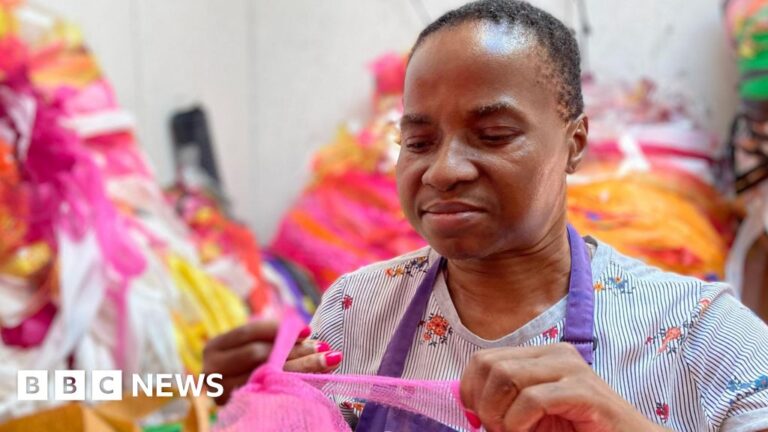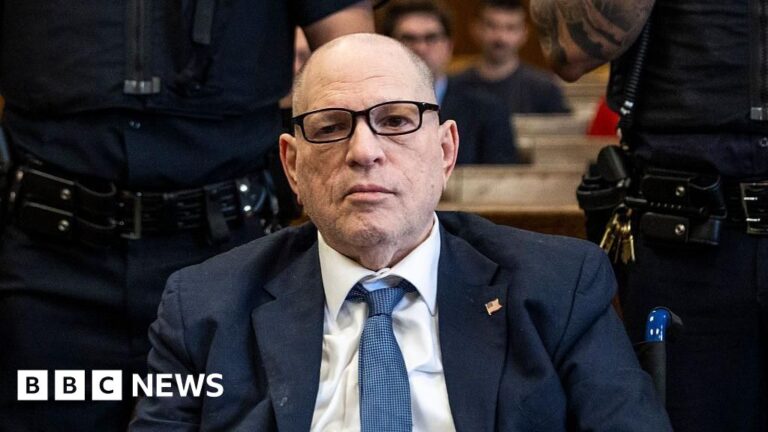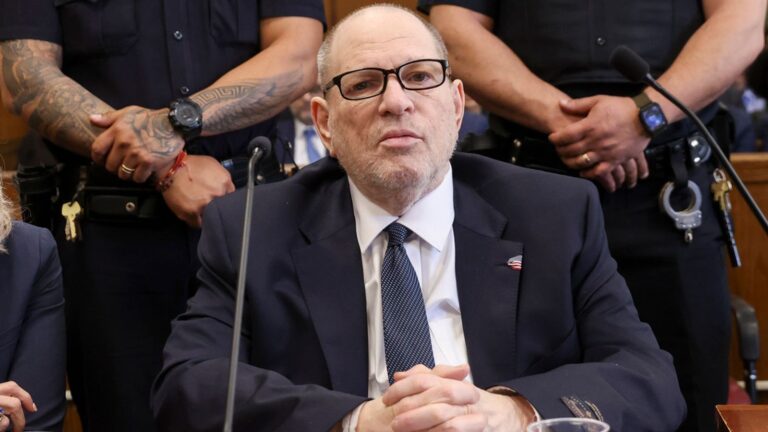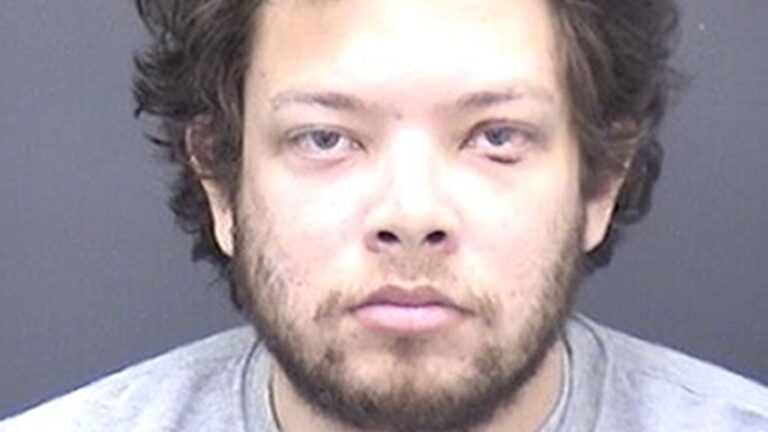
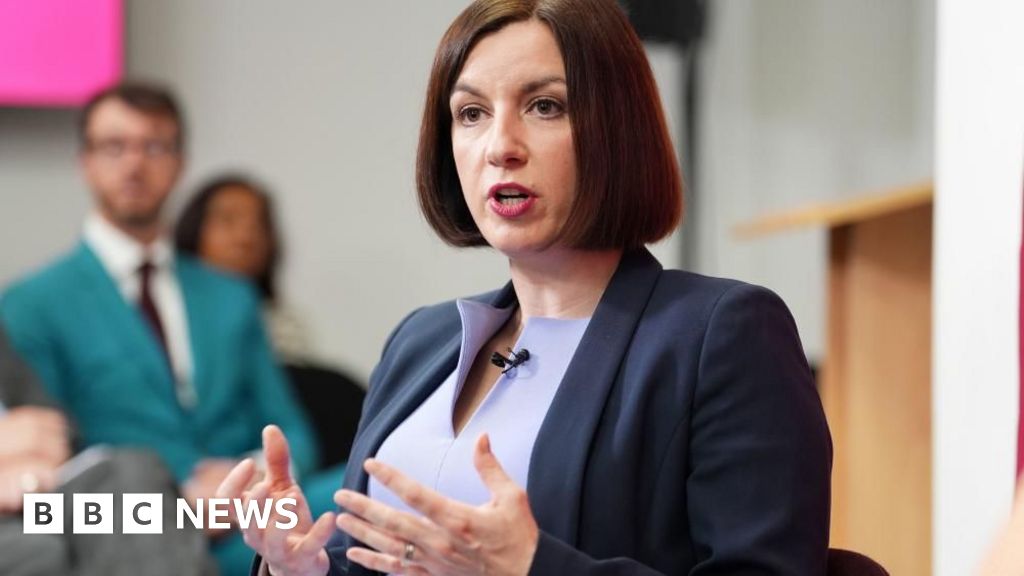
Trans women should use toilets according to their biological sex, the equalities minister has said.
In response to the UK Supreme Court’s ruling that a woman is legally defined by biological sex, Bridget Phillipson stopped short of explicitly saying trans women should use the men’s toilets.
But she told BBC Radio 4’s Today programme: “The ruling was clear that provisions and services should be accessed on the basis of biological sex.”
Pushed further for clarification on whether a trans woman should use the men’s or women’s toilets she repeated: “The ruling is clear.”
Meanwhile, Sir Keir Starmer welcomed the ruling in his first comments on the matter, saying it gave “much needed clarity”.
The prime minister told the BBC: “I’m really pleased the court has clarified the position.
“We can move on from there. [I] think that has been very helpful.”
Earlier, Phillipson said the law on trans women accessing single-sex spaces on the basis of biological sex “would apply right across the board”.
But she stressed that the Equality and Human Rights Commission (EHRC) “will be setting out additional guidance and a statutory code of practice, because we need to make sure that everyone has the ability to access services that are safe and appropriate, and respect their privacy and dignity”.
In particular, there needed to be “appropriate and available services for all people, including trans people” when it came to settings such as hospitals and changing rooms.
Pressed on what the ruling meant for trans women looking to use a toilet today, she responded: “The ruling was clear that provisions and services should be accessed on the basis of biological sex.
“But I know that many businesses large and small will ensure that they have appropriate provision in place, for example many businesses have moved towards unisex provision or separate cubicles that can be used by anyone.”
The EHRC has already suggested trans people should use their “powers of advocacy” to campaign for so-called third spaces that are gender neutral to avoid these sorts of dilemmas.
Phillipson, who is also education secretary, said many places had unisex toilets or individual cubicles.
“Go into your local cafe, a local family cafe – [the] chances are that they’ll have one cubicle that’s self-contained that can be used by anyone,” she added.
The Equality Act 2010 allows for single-sex spaces and services without it being considered discriminatory, such as when a user may reasonably object to another person being of the opposite sex.
Campaign group For Women Scotland, which brought the case, had warned that interpreting “sex” as gender identity under the law would have implications for the running of single-sex spaces and services, such as hospital wards, prisons, refuges and support groups.
The Supreme Court said a biological interpretation of sex was required for single-sex spaces – which can include changing rooms, hostels and medical services – to “function coherently”.
This means, for instance, that transgender women, who are biologically male but identify as women, can be excluded from women-only spaces.
Transgender people have said the ruling may erode the protections they have against discrimination in their reassigned gender – protections the judges said they had under other parts of the Equality Act.
Phillipson, who managed a women’s refuge before becoming an MP, said it was important that “women – especially those who have experienced male violence, sexual violence and trauma – are able to access safe, therapeutic spaces” while ensuring that “everyone in our society is treated with dignity and respect”.
She said these women-only spaces could now be “confident as to how they deliver services” as the Supreme Court had “set that beyond doubt”.
Asked whether there was unity among ministers, following reports of division over the issue, Phillipson replied: “Yes there is, and I speak for the government on this matter.”
She added that she was “crystal clear” the government welcomed the ruling.
Sir Keir told ITV West Country on Tuesday that the ruling provided “real clarity in an area where we did need clarity” and was a “welcome step forward”.
He added: “A woman is an adult female, and the court has made that absolutely clear.”
Discrimination lawyer Robin Moira White said she believed there would be “many more” gender-neutral spaces following the ruling.
Speaking to the BBC’s Politics Live programme, she said: “Spaces that are currently separated by sex [would move] to gender neutrality, because that’s a circumstance where business can stand back and say, ‘well we’re meeting the law’… That may not be what people intended.”
Former Labour MP Ben Bradshaw, who has campaigned on pro-transgender rights issues, said “both sides of the debate have leapt to overinterpret” the Supreme Court’s decision.
Asked whether he agreed that the ruling meant trans women would need to use men’s toilets, Bradshaw replied: “We will have to wait to see how this new ruling is interpreted by the courts until we actually know.”
Bradshaw told BBC Radio 4’s World at One programme that there were “all sorts of practical problems” that still needed to be considered, and called on Phillipson to “re-affirm” Labour’s commitment to “equality both for women and the LGBT community”.
Correction: This story originally include the line: “However, single-sex spaces could exclude people with gender recognition certificates (GRCs) – which give legal status to a transgender person’s gender identity – ‘if it is proportionate to do so’, the judges ruled.” This is inaccurate so it has been removed.

